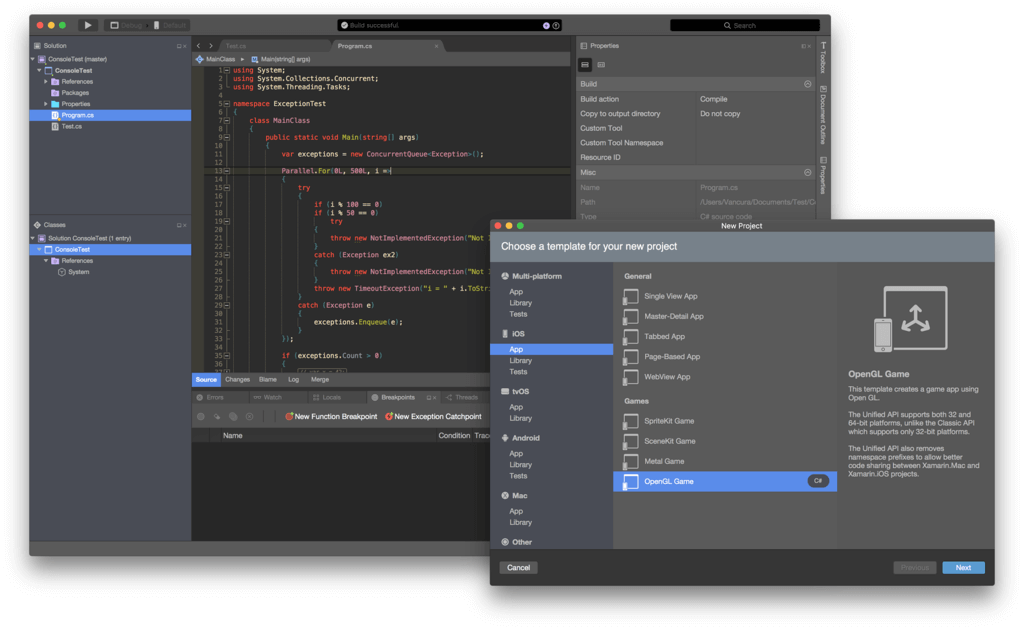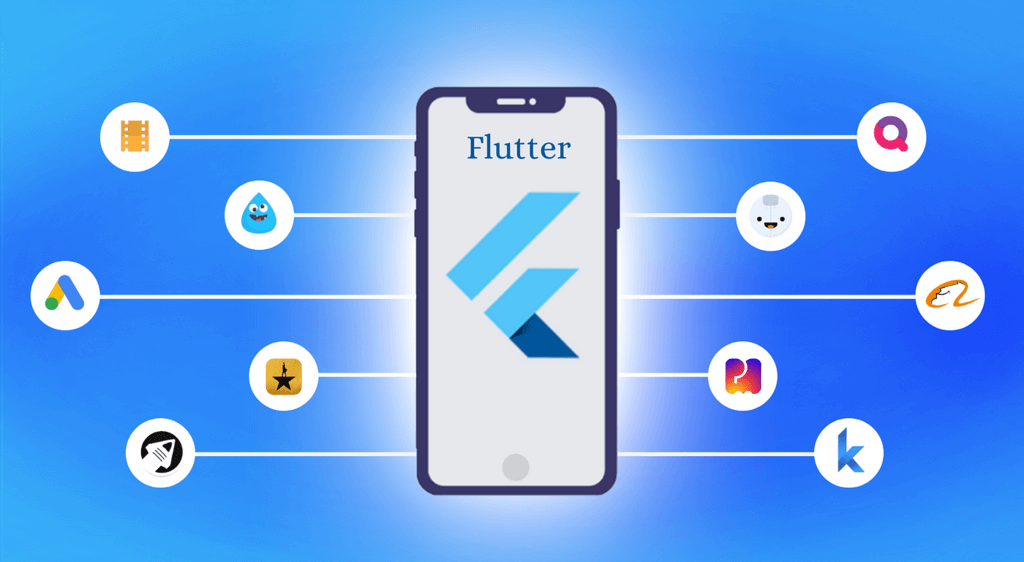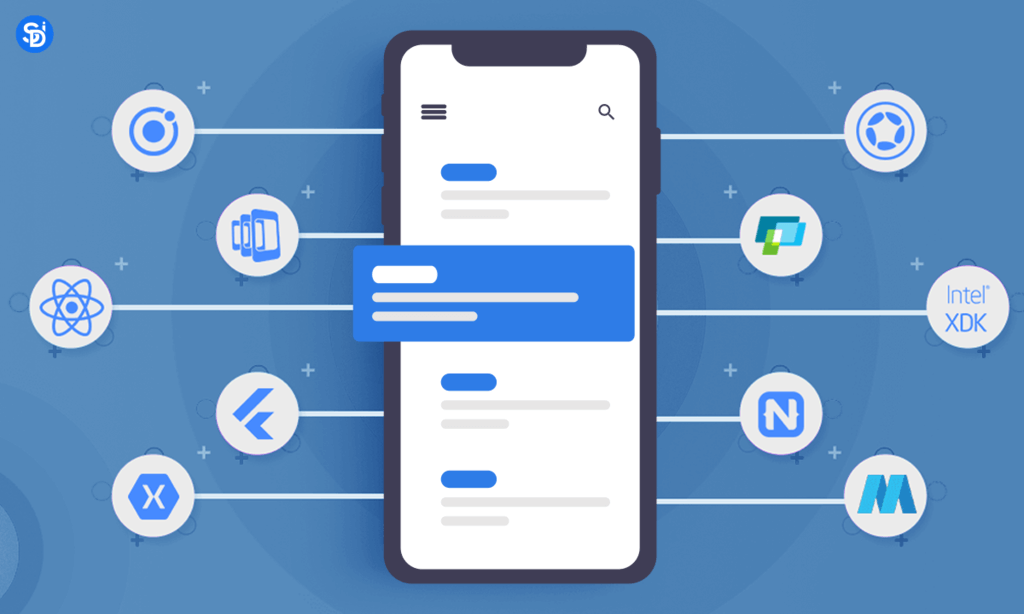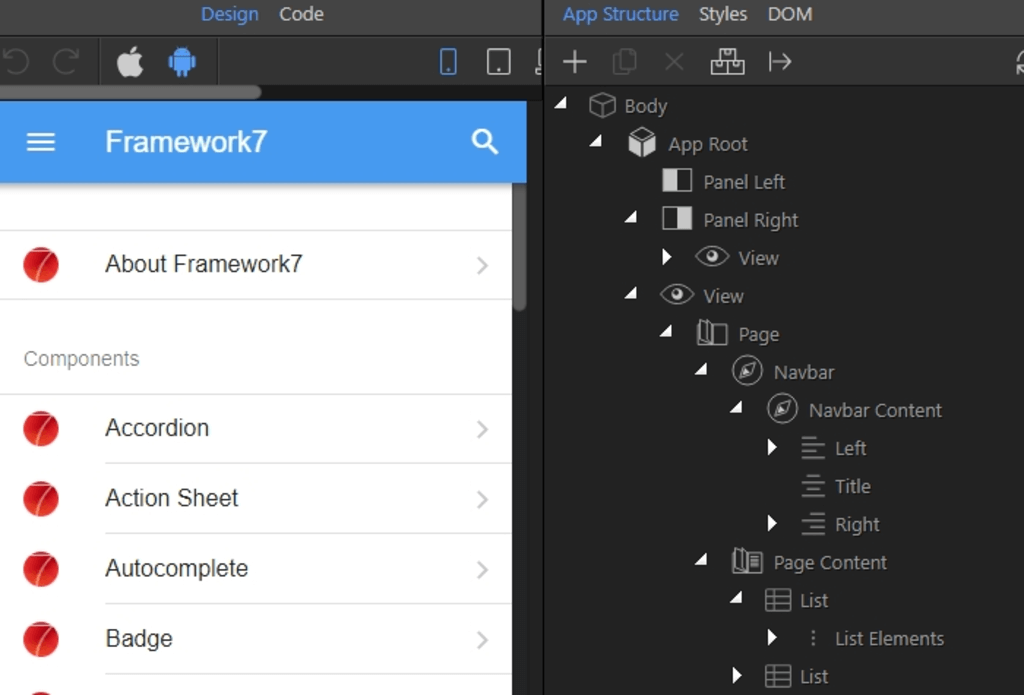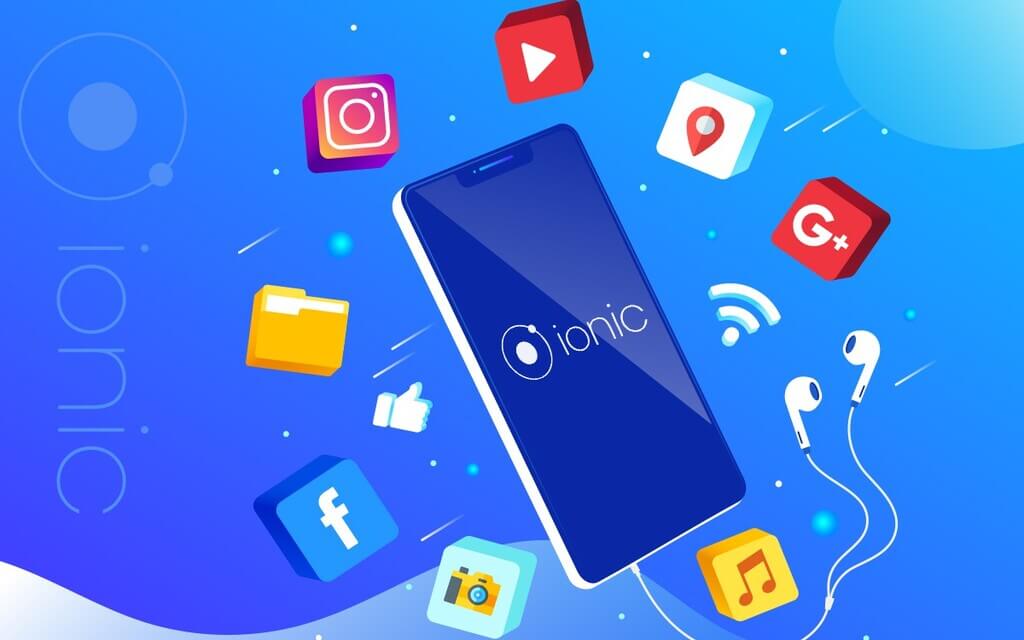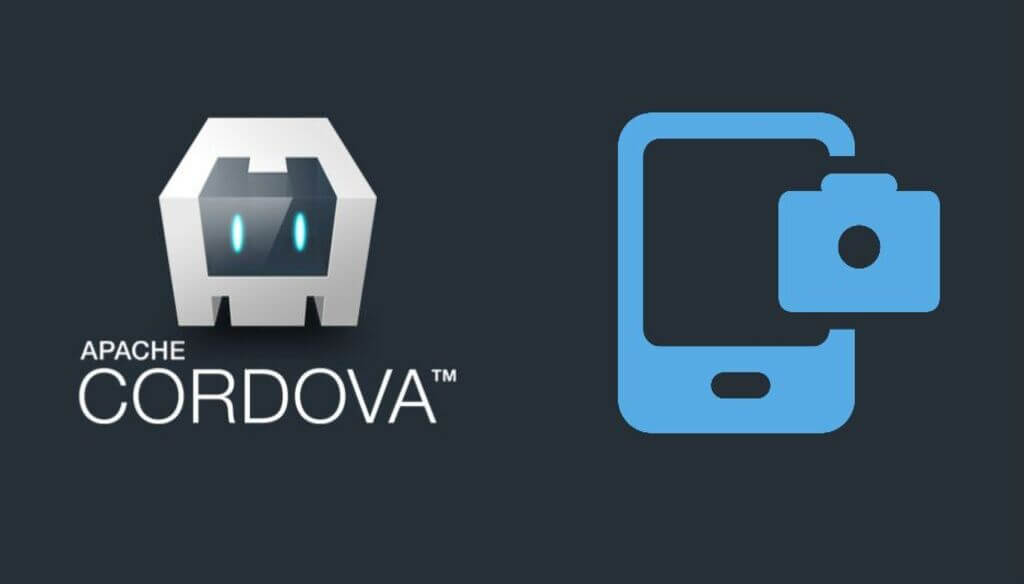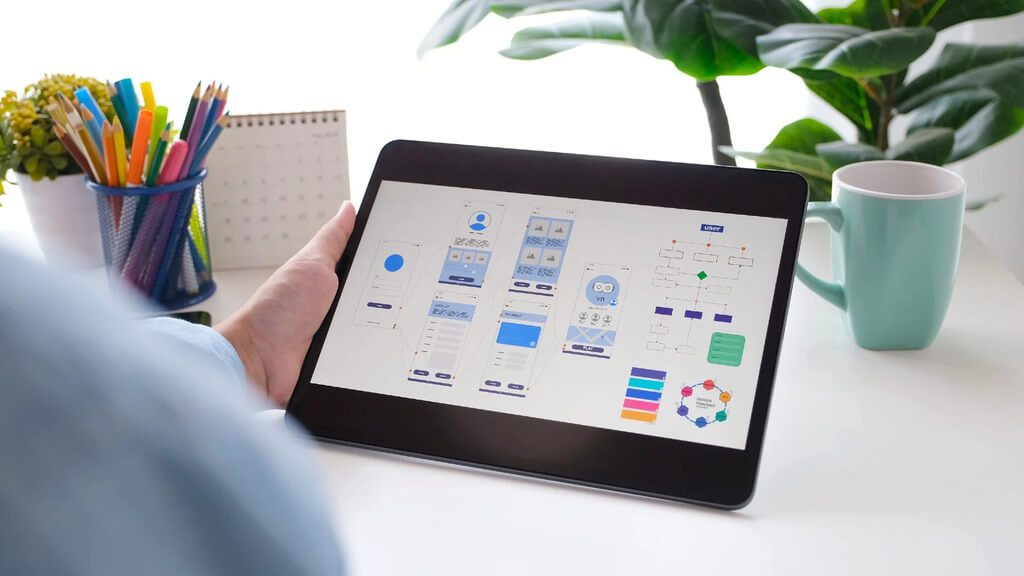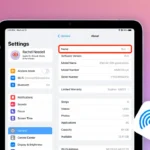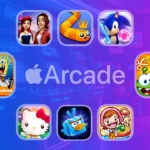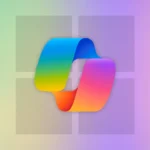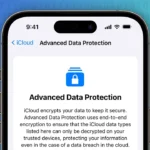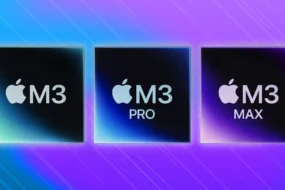What do Uber, DoorDash, and Tinder have in common? Besides being household names, all three companies heavily relied on the mobile-first concept when they were launching. They were willing to bet that mobile apps would outbid traditional websites, and they were right. Now, Uber’s market capitalisation is estimated at $63 billion, Doordash has $20 billion, and Tinder generated $1,6 billion in 2021, growing 22% compared to the previous year.
Today, an average American spends over 5 hours on their phones every day, and the mobile app development for smartphone US market is booming, creating a sub-industry of app development services for startups and mobile app development tools to optimize the app creation process.
Between customers wanting powerful mobile apps, all the resources being there, and competition heavily moving away from websites to smartphone apps, companies starting today have no excuse not to build a mobile app of their own.
Mobile app development can be difficult , and the risk of exceeding deadlines or budget is high. One way to avoid that is to use frameworks that streamline full-cycle development and help automate part of the workflow.
Frameworks exist for both iOS and Android, but today we will focus on frameworks for the latter.
What Is a Mobile App Framework?
Before we look into some of the best Android frameworks, let’s define what a framework is and what it entails.
A mobile app framework is a platform for software creation that includes a number of helpful mobile app development tools, such as:
- Programming interfaces
- Debugging tools
- Compilers
Mobile frameworks allow developers to reuse codes and designs, which is especially useful in mobile app development for startups that are short on time and resources. However, a company at any stage of development can use the framework to optimize its resources.
10 Best Frameworks for Android App Development
All mobile frameworks offer assistance in building powerful and modern smartphone apps. Yet, different frameworks have their unique stacks of tools and features to achieve the desired result. Thus, one should look at their options and consider alternatives carefully to maximize the benefit that they are getting from the framework.
So, without further ado, here are the top 10 mobile frameworks for Android.
1. React Native
Source: powr.io
The React Native framework introduced by Facebook is open source and is used to build mobile apps for both Apple’s App Store and Google Play. The framework is praised for its stability, efficiency, and invaluable input toward making the apps user-friendly.
Besides Facebook, mobile apps of Instagram, Airbnb, and Tesla were built with the help of Reach Native.
Some of the features included in the mobile app framework are:
- Third-party library support
- Live reload
- Declarative API for predictive UI
- Compatibility with third-party plugins
Reach Native has a strong focus on high-quality outcomes. So besides the declarative programming technique that tracks bugs, the framework offers hot reloading to speed up bug fixes.
2. Xamarin
Source: adtmag.com
Xamarin is an open-source framework developed in 2011 that is currently owned by Microsoft currently owns. It offers a complete development ecosystem and supports cross-platform
m development for Android, iOS, and Windows mobile apps. Xamarin was used to createin the creation of Microsoft News, Azure, and UPS.
Notable features of Xamarin include:
- Storyboard files
- Services for testing
- TV and IoT compatibility
- Android SDK Manager
- Different class libraries
3. Flutter
Source: medium.com
The Flutter framework was created by Google in 2017 to help developers build rich native-feel apps that bring a lot of value to the users. Google Ads and Ali Baba are built with the help of this framework.
Examples of strong features included in Flutter:
- Written in Dart Language
- Widget support
- Rendering engine
- Motion API
- Reload functionality
Overall, Flutter speeds up Android mobile app development and makes it less costly.
4. Nativescript
Source: semidotinfotech.com
Native Script is an open-source framework designed by Progress for cross-platform development and native-life performance.
- Supports Java-dependent frameworks
- Offers code reusability
- Provides third-party library support
Mobile apps built with NativeScript enjoy a convenient authentication process and can be easily accessed on multiple devices. Daily Nanny is an example of a service built with the Native Script framework.
5. Framework 7
Source: wappler.io
Framework7 is a free MIT-licensed framework for Android mobile app development. It is relatively new, and plus it is constantly updated to provide developers with the best experience during mobile app creation.
Among the framework’s notable features:
- Plugins and UI components
- Built-in libraries
- Good for progressive web apps (PWAs)
- The Eecosystem of plugins, templates, and icons
6. Corona SDK
Source: eleviant.com
Corona SDK is open-source and cross-platform. It is Lua-based and praised for being one of the fastest frameworks among the app development services for startup companies. It is also very flexible and easy to use.
Notable features in Corona:
- Live tests
- Quick installation
- Real-life device testing
Corona SDK is often used in -game app development as it offers strong animation and graphics tools. Besides, it is easy to start with, making it a good option for developers short on time. The games built with this framework include Angry Birds and Warcraft.
7. Ionic
Source: techmark.pk
Ionic is a free, open-source framework for cross-platform mobile apps, including Android, iOS, and Windows, andas well as PWAs. It is easy to learn and has proven itself as a reliable platform.
Some of the features that the Ionic includes are:
- Framework compatibility
- Cordova plugin
- JavaScript components
- Angular package
Besides helping manage the cost of the project, Ionic offers easy testing functionality to verify the app is fully ready to be uploaded to Google Play and shared with customers.
8. Apache Cordova
Source: ourcodeworld.com
Apache Cordova framework, previously known as PhoneGap, is cross-platform and user-friendly. It allows developers to use hardware features of a smartphone, such as cameras, to create a native-like feel.
The key features of the framework include the following:
- Use of CSS3, HTML-5, and JavaScript
- Cordova plugin
- Single source of code
The framework is easy to grasp and allows developers to progress with the mobile app faster while maintaining a high-quality level.
9. jQuery Mobile
Source: dzoo.com.my
jQuery Mobile framework is known for allowing developers to write the code once and then repurpose it across multiple platforms, including iOS, Android, and Blackberry. Mobile apps built with jQuery Mobile are powerful and perform well across multiple device types, such as smartphones, mobile devices, and desktop platforms. Mobile apps for Slack and Twitter are built with jQuery Mobile.
Other features that the framework offers are:
- ThemeRoller
- Lightweight
- Base on HTML-5
10. Swiftic
Source: bydrec.com
Swiftic is a paid-for framework for mobile app development for startups and small business companies. It has a 30-day money return policy, a 6-month satisfaction guarantee, and email support.
Interesting functionality that you’ll find in Swiftic includes:
- Customisable themes
- Easy navigation
- Advanced analytics
Overall, Swiftic is simple to navigate and feature-reach. It streamlines the development process and offers enough flexibility to build a mobile app based on your unique preferences.
Also Read: What Should You Know Before Starting Game Development
Final Thoughts
Building a powerful mobile app becomes extremely important in securing a future in the hearts of customers and competing successfully with other market players.
With so many opportunities and possible routes, dedicating time to pre-development due diligence is paramount. Besides frameworks, there are many other aspects to consider, so if you are working on a mobile application for the first time, it would be helpful to partner with a specialist or an outsourcing agency that can guide you and save you from typical mistakes.



